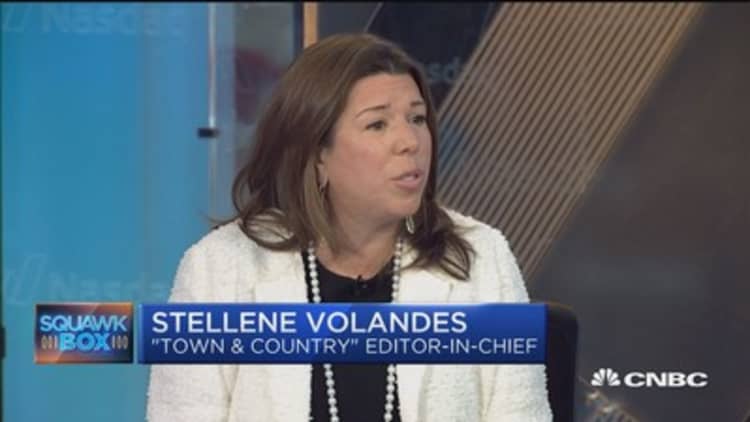
Millennials tend to give to charitable causes in the spur of the moment and based on emotion more than baby boomers do, a new study has found.
Fidelity Charitable, the nonprofit arm of Fidelity Investments that runs its donor-advised fund program, found that 71 percent of millennial women give to charity based on the moment while less than half of baby boomer women do so. The study is based on responses from 3,254 people, including 1,706 women, who have donated to charities and claimed itemized charitable deductions on their 2015 tax returns. It had a margin of error of plus or minus 2 percent.
"Millennials are leading with their heart, but boomers are more satisfied with their giving," said Pam Norley, president of Fidelity Charitable. (See chart below.)
Women tend to give to more charitable causes and organizations than do men, according to research from the Women's Philanthropy Institute at the Indiana University's Lilly School of Philanthropy.
"When you just look at single men and single women, we see single women are more likely give than single men," said Debra Mesch, director of Women's Philanthropy Institute. "But, in general, about 75 percent of married couples make giving decisions together."
Fidelity's findings echo many of the conclusions from the institute's research, but one drawback to comparing generational giving behaviors is that you don't know how younger people are going to give when they're older, Mesch said.
In many of situations I work with, women are often driving the charity-giving conversation and creating a charitable mission in their families.Adrienne Pentaexecutive director of the Brown Brothers Harriman Center for Women & Wealth
Charitable giving is a hot topic among high net worth couples as Congress and the White House consider tax reform, said Adrienne Penta, an estate lawyer and executive director of the Brown Brothers Harriman Center for Women & Wealth.
During the campaign, President Donald Trump proposed capping deductions, including those for charitable
Under current tax law, you can deduct charitable contributions of money or property made to qualified organizations if you itemize your deductions. Generally, you can deduct up to 50 percent of your adjusted gross income in charitable contributions, but deductions can be limited to 20 to 30 percent of your income in some cases.
Estate planners are taking a wait-and-see approach to how tax reform may change charitable giving, Penta said.
Meanwhile, many donors are accelerating their charitable deductions before they can potentially be limited. For example, contributions to the National Philanthropic Trust, a large donor-advised fund, rose to $1.7 billion last year, up 72 percent from 2015. (A donor-advised fund lets you take a tax deduction in the year in which you made the contribution, then pay out grants over time to qualified charities you pick while your money is invested.)
Whatever happens with tax reform, gender plays a big role in couples' giving strategy. "In many of situations I work with, women are often driving the charity-giving conversation and creating a charitable mission in their families," Penta said.
How to build a giving strategy
All donors can benefit from being more methodical about their giving. "Concentrating your time and dollars can bring impact to your giving," said Norley of Fidelity Charitable. Here are her three tips to make better charitable donations:
● Bring your passion to the cause. Contributing to your buddy's walk-a-
● Vet before you give. Many websites, such as Charity Navigator,
● Gauge your impact. Bill and Melinda Gates do it with their giving and so should you. This is harder than only looking at the financials. Find out how your charity evaluates the success of its mission and how it shares those measurements with donors.





